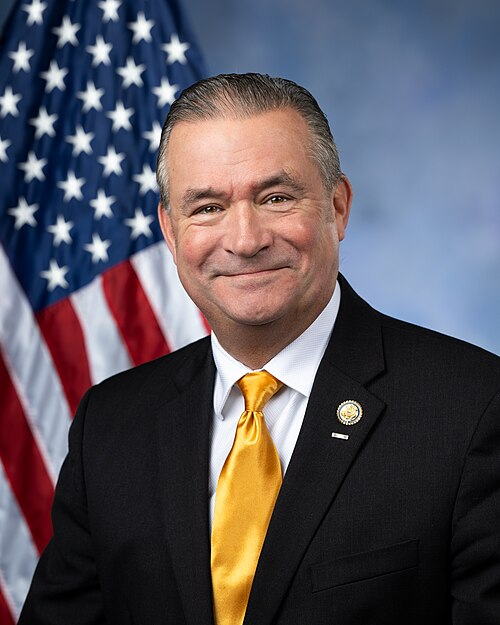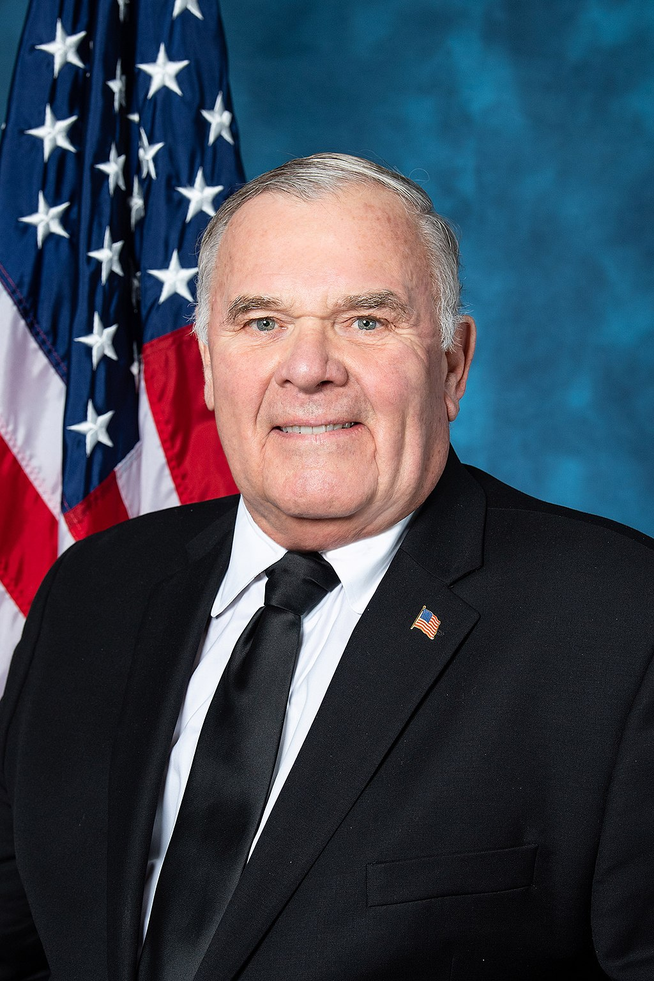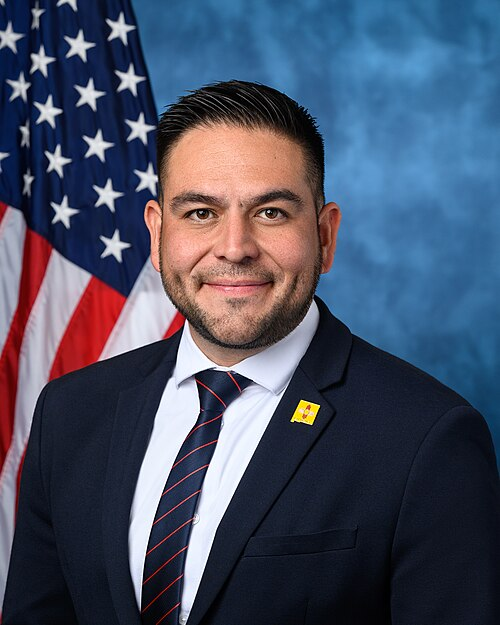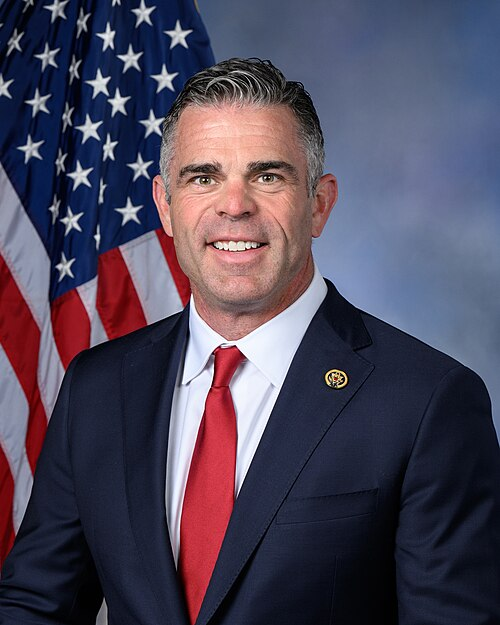H.R. 5037: Middle Mile for Rural America Act
This bill, named the Middle Mile for Rural America Act, aims to improve and expand the infrastructure necessary for middle mile connectivity in rural areas. The middle mile refers to the network that connects regional data centers and local networks to the broader internet. By enhancing this infrastructure, the bill seeks to make high-speed internet access more effective and reliable in less populated regions.
Key Provisions of the Bill
- Extension of Timeframe: The bill proposes to amend the existing Rural Electrification Act of 1936. Specifically, it extends the timeline for a program designed to expand middle mile infrastructure from the years 2018 through 2023 to the years 2026 through 2031. This extension allows for ongoing and additional investment in infrastructure aimed at rural areas.
- Focus on Rural Areas: The primary objective is to target rural regions that may be underserved in terms of high-speed internet connectivity. This includes investments in facilities and technology that improve network reliability and capacity.
- Collaborative Efforts: The bill encourages collaboration between federal agencies, local governments, and private sector stakeholders to facilitate the deployment of middle mile infrastructure. Such partnerships are intended to streamline efforts and optimize resources for the betterment of internet connectivity in rural communities.
Impact on Communities
The expansion of middle mile infrastructure is expected to enhance internet connectivity for businesses, schools, and households in rural areas. Improved access to high-speed internet can foster economic growth, enhance educational opportunities, and improve overall quality of life for residents.
Funding and Support
The bill does not specify a funding mechanism in the provided text; however, these types of initiatives typically involve appropriations or grants from the federal government to support infrastructure development. Ongoing funding may be required to implement the proposed improvements and to ensure the sustainability of services.
Implementation Considerations
While the bill outlines the intent to expand infrastructure, the actual implementation will depend on further actions by relevant authorities and agencies. Factors such as local needs, specific technological requirements, and the engagement of private companies will all play vital roles in the success of this initiative.
Stakeholder Involvement
The bill calls for input and involvement from various stakeholders, including state and local agencies, community organizations, and potentially private telecommunications companies, to ensure that the infrastructure meets the needs of rural populations effectively.
Relevant Companies
- AMT (American Tower Corporation): As a company that owns and operates wireless and broadcast communications infrastructure, American Tower may be involved in the development and deployment of middle mile connectivity in rural areas.
- CCI (Crown Castle Inc.): This company focuses on telecommunications infrastructure, providing rental services for communication tower and fiber networks that could be expanded under this bill.
- VERI (Veritone, Inc.): Engaged in artificial intelligence and data analytics, Veritone could support initiatives seeking to leverage enhanced connectivity for rural digital services.
This is an AI-generated summary of the bill text. There may be mistakes.
Sponsors
11 bill sponsors
-
TrackRandy Feenstra

Sponsor
-
TrackAlma S. Adams

Co-Sponsor
-
TrackDon Bacon

Co-Sponsor
-
TrackJames R. Baird

Co-Sponsor
-
TrackJahana Hayes

Co-Sponsor
-
TrackJames P. McGovern

Co-Sponsor
-
TrackBarry Moore

Co-Sponsor
-
TrackJosh Riley

Co-Sponsor
-
TrackGabe Vasquez

Co-Sponsor
-
TrackEugene Vindman

Co-Sponsor
-
TrackTony Wied

Co-Sponsor
Actions
2 actions
| Date | Action |
|---|---|
| Aug. 26, 2025 | Introduced in House |
| Aug. 26, 2025 | Referred to the Committee on Agriculture, and in addition to the Committee on Energy and Commerce, for a period to be subsequently determined by the Speaker, in each case for consideration of such provisions as fall within the jurisdiction of the committee concerned. |
Corporate Lobbying
0 companies lobbying
None found.
* Note that there can be significant delays in lobbying disclosures, and our data may be incomplete.













